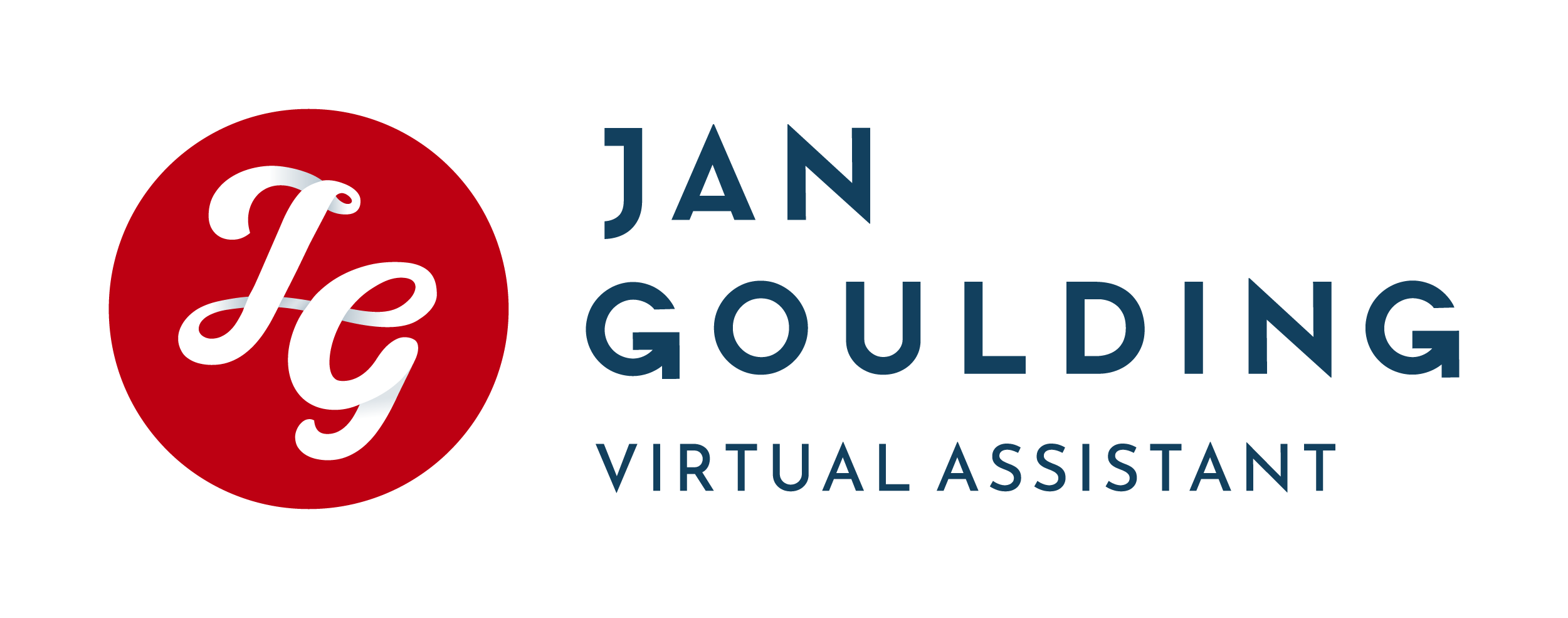There’s a lot of talk in small business spaces about “wearing all the hats”, usually said with a grim sort of pride, as if being permanently overwhelmed is a sign of strength. I used to believe that too; that being busy meant I was doing something right, that being the one who kept everything going, quietly and invisibly, made me reliable and valuable. Over time I learned that being able to do everything doesn’t mean you should, and doing it all yourself doesn’t mean you’re doing it well.
When everything becomes your job
I picked up this habit long before I worked for myself. In most workplaces, if something sat on the table long enough, I picked it up. It was quicker than the meeting about who should do it. So I said yes to the rota, the minutes, the website bits, the budget sheet, the thing nobody wanted to own. Not because I was the only one who could, but because I could not bear watching it stall.
You carry that habit with you. Now it is just me and I still catch myself doing the same. If a task looks homeless, I bring it in. Then the day fills with small jobs that feel urgent and none of them are the reason I went out on my own. It is not heroic. It is familiar. And it leaves very little room to think.
Letting go didn’t mean letting standards drop
It took me longer than I like to admit to see that the problem wasn’t effort or a smarter app. It was how I was judging a good day. If I finished late and wrung out, I called it progress. What shifted was small and ordinary. I gave proper attention to the few pieces that earn their place, and I stopped polishing everything else within an inch of its life. Emails still got answered. Invoices went out. The world did not end. I felt less like I was sprinting on the spot.
I keep my standards. I just apply them where they belong. The rest is neat enough to be useful and left alone. This is not a method. It is me choosing not to spend my best hours on busywork and noise.
Simple to write down. Harder to hold. I redraw that line most weeks.
You can still be capable and need support
This is not a pitch. It is a reality check.
Most of us start a business because we are good at the core thing. Then the job quietly expands to include bookkeeping, inboxes, scheduling, client onboarding, data protection, and fixing the printer you no longer own. Your best work ends up squeezed into the edges, which is the opposite of why you set this up.
Kathy Soulsby puts it simply in “How to Work with a Virtual Assistant”: “outsource everything but your brilliance”. Work in your zone of genius and let the rest be handled in a steady, professional way by someone whose zone of genius is operations. Even if you are not ready to outsource, the idea is useful. Know which part is your brilliance and protect it. Treat everything else as support work that can be simplified, templated, or handed over when you are ready.
You can be competent and still need support. You can keep control and choose where you want help. The point is not to do less. The point is to make sure the right things get the best of you.
What would you let go of, if you could?
If that question makes you pause, you are not on your own.
Start small. Choose one task that is not part of your brilliance and make it easier: a simple template, a standing slot in the diary, or a no for now. Then choose one piece of work that is and give it your best hour while you are fresh. Notice what shifts when your effort goes where it counts.
You do not have to do it all. You have to do what matters and do it well. The rest can be simpler, shared, or left until it is worth your time.
